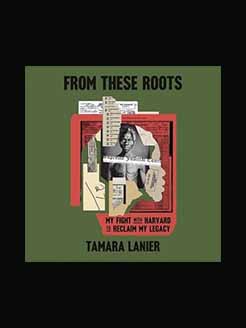Published in 2008
290 pages
Joyce Tyldesley is a British archaeologist and Egyptologist, academic, writer and broadcaster.
Tyldesley was born in Bolton, Lancashire and attended Bolton School. In 1981, she earned a first-class honours degree in archaeology from Liverpool University, and a doctorate in Prehistoric Archaeology from Oxford in 1986. She is a Teaching Fellow at Manchester University where she is tutor and course organiser of the three-year distance learning (internet based) Certificate in Egyptology programme run from the KNH Centre for Biomedical Egyptology.
She is an Honorary Research Fellow at the School of Archaeology, Classics, and Egyptology at Liverpool University, an ex-trustee of the Egypt Exploration Society, Chairperson of Bolton Archaeology and Egyptology Society, and a trustee of Chowbent Chapel.
In 2004 she established, with Steven Snape of Rutherford Press Limited, a publishing firm dedicated to publishing serious but accessible books on ancient Egypt while raising money for Egyptology field work. Donations from RPL have been made to Manchester Museum and the Egypt Exploration Society: currently all profits are donated to the ongoing fieldwork at Zawiyet umm el-Rakham.
She is married with two children to Egyptologist Steven Snape and lives in Lancashire.
What is this book about?
The Romans regarded her as “fatale monstrum”—a fatal omen. Pascal said the shape of her nose changed the history of the world. Shakespeare portrayed her as an icon of tragic love. But who was Cleopatra, really? Cleopatra was the last ruler of the Macedonian dynasty of Ptolemies. Highly intelligent, she spoke many languages and was rumored to be the only Ptolemy to read and speak Egyptian. Her famous liaisons with Julius Caesar and Mark Antony had as much to do with politics as the heart. Ruthless in dealing with her enemies, many within her own family, Cleopatra steered her kingdom through difficult times, and very nearly succeeded in creating an eastern empire to rival the growing might of Rome.
Her story was well documented by her near contemporaries, and the tragic tale of contrasts and oppositions—the seductive but failing power of ancient Egypt versus the virile strength of modern Rome—is so familiar we almost feel that we know Cleopatra. But our picture is highly distorted. Cleopatra is often portrayed as a woman ruled by emotion rather than reason; a queen hurtling towards inevitable self-destruction. But these tales of seduction, intrigue, and suicide by asp have obfuscated Cleopatra’s true political genius.
Stripping away our preconceptions, many of them as old as Egypt’s Roman conquerors, Egyptologist Joyce Tyldesley offers a magnificent biography of a most extraordinary queen.







